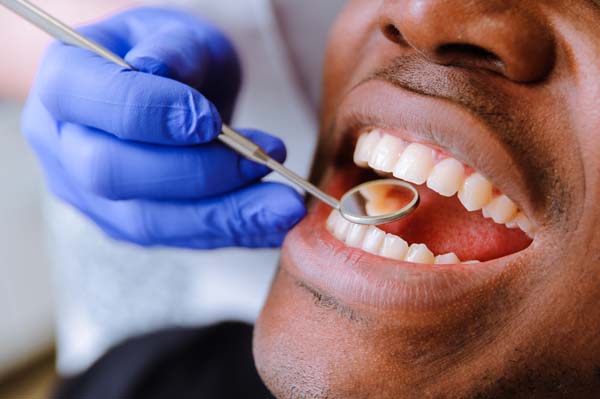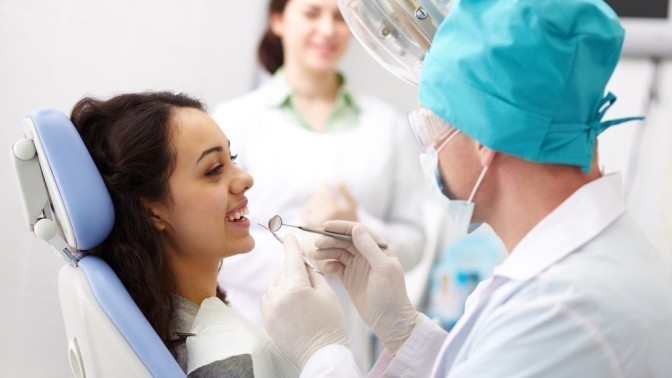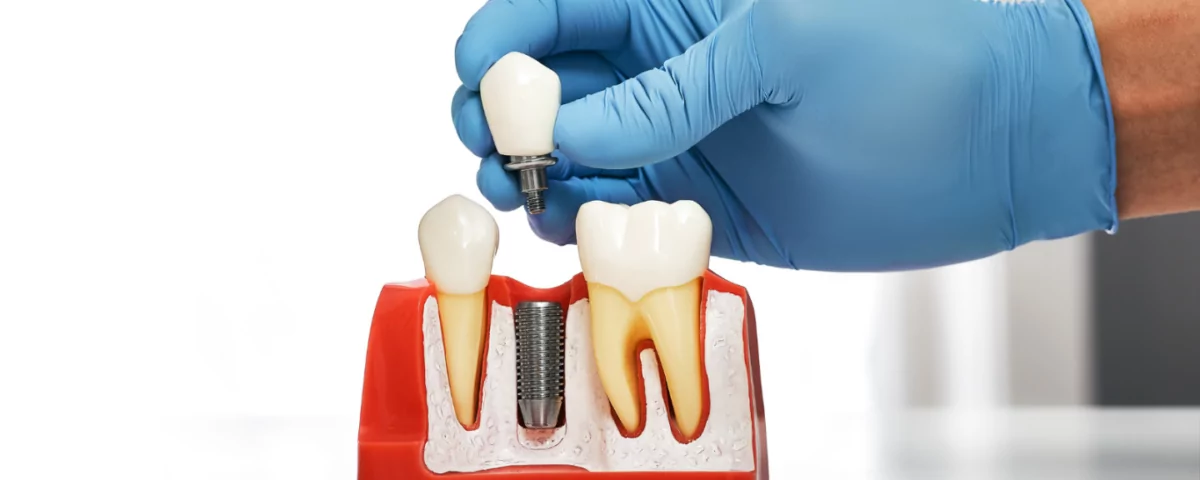Oral Cancer: Early Signs, Prevention, and Treatment Options

Oral cancer is a serious but often overlooked health issue that can affect anyone, regardless of age or lifestyle. It refers to cancer that develops in any part of the mouth, including the lips, tongue, cheeks, floor of the mouth, roof of the mouth, gums, and even the throat.
The good news? When detected early, oral cancer is highly treatable. That’s why understanding the signs, taking steps to prevent it, and knowing your treatment options can make a big difference in outcomes.
What Are the Early Signs of Oral Cancer?
Most cases of oral cancer begin as subtle changes in the mouth that are easy to ignore. But early detection is key. Here are some common warning signs to look out for:
- Persistent mouth sores that don’t heal within two weeks
- Lumps or thick patches in the cheek or on the gums
- Red or white patches on the tongue, gums, or lining of the mouth
- Numbness or tingling in the tongue or other areas of the mouth
- Difficulty chewing, swallowing, or speaking
- Chronic sore throat or hoarseness
- Loosening of teeth without a dental cause
If any of these symptoms persist, it's essential to consult a dentist or oral health specialist promptly.
What Causes Oral Cancer?
Several risk factors increase the chances of developing oral cancer, including:
- Tobacco use (cigarettes, cigars, pipes, chewing tobacco)
- Heavy alcohol consumption
- HPV infection, especially HPV-16
- Excessive sun exposure (particularly for lip cancer)
- Poor oral hygiene and diet
- Age and gender – men over 40 are more commonly affected.
While some of these factors can't be changed, many are preventable with lifestyle adjustments.
How to Prevent Oral Cancer
Prevention is always better than a cure, especially when it comes to cancer. Here are some smart steps to lower your risk of oral cancer:
- Avoid tobacco in all forms
- Limit alcohol consumption
- Practice good oral hygiene – brush twice daily and floss regularly.
- Eat a balanced diet rich in fruits, vegetables, and antioxidants.
- Use SPF lip balm to protect against sun exposure.
- Get regular dental checkups – your dentist can spot early signs you might miss
- Get vaccinated for HPV – this can reduce the risk of HPV-related oral cancers.
Diagnosis and Screening for Oral Cancer
Dentists and doctors use a combination of visual exams, palpation (feeling for lumps), and diagnostic tools like biopsies, imaging tests, or special light-based examinations to identify cancerous tissues.
Regular screenings should be part of your health routine if you're at high risk. Early-stage oral cancer can often be diagnosed during routine dental visits.
Treatment Options for Oral Cancer
Treatment depends on the stage and location of the cancer and the patient's overall health. Common options include:
1. Surgery
In the early stages, surgical removal of the tumor is often the first step. Advanced cases may require more extensive procedures.
2. Radiation Therapy
Used alone or after surgery, radiation helps destroy remaining cancer cells.
3. Chemotherapy
This involves the use of powerful drugs to kill cancer cells, typically used in combination with radiation for advanced cases.
4. Targeted Therapy
Newer treatments that focus on specific genes or proteins involved in cancer growth.
5. Rehabilitation and Recovery
After treatment, patients may need speech therapy, dietary support, and dental prosthetics depending on the area affected.
Why Regular Dental Visits Matter
Your dentist isn’t just looking for cavities—they’re also checking for early signs of oral diseases, including oral cancer. Regular checkups every six months can significantly increase your chances of early detection and successful treatment. Early detection is key to successful recovery from oral cancer. If you need oral cancer treatment in Aurangabad, specialized care is available to diagnose and manage the condition effectively.
From biopsies to advanced treatment options like surgery, radiation, and chemotherapy, timely intervention can improve outcomes. Regular screenings and lifestyle changes play a crucial role in prevention and early detection.
Final Thoughts
Oral cancer might not be as widely talked about as other forms of cancer, but it's just as serious. Staying informed, avoiding risk factors, and prioritizing regular dental care can go a long way in keeping your mouth and overall health in top shape.
If you or someone you know is experiencing any symptoms, don’t delay. Early action can save lives.
Note: IndiBlogHub features both user-submitted and editorial content. We do not verify third-party contributions. Read our Disclaimer and Privacy Policyfor details.














